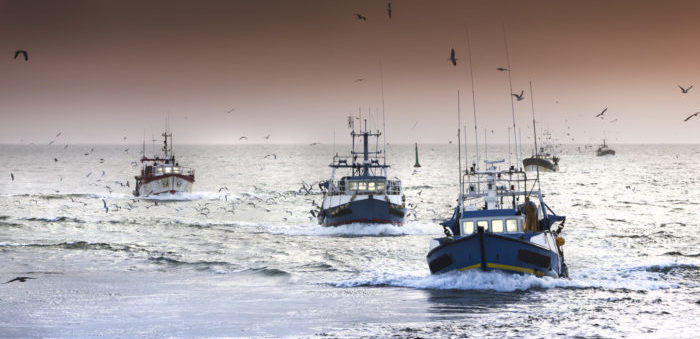In a new investigation, the Environmental Justice Foundation (EJF) has reported several illegal fishing practices and human rights violations related to Taiwanese vessels. As such, the NGO is calling for Taiwan to sign up to the ten principles for fisheries transparency and for immediate action to be taken to investigate and prosecute vessels and companies alleged to be involved in illegal fishing and human rights abuses.
The EJF spoke to Indonesian crew members from five longline vessels fishing in waters around the world, from the Pacific to the Atlantic and Indian Oceans – all either flying a Taiwanese flag or linked to Taiwanese ownership.
On all five boats the crew reported being ordered to remove shark fins and throw the bodies overboard – a practice that is banned by Taiwan. The sharks –unable to swim without their fins – suffocate or bleed to death. Some of the vessels also illegally caught and killed dolphins, which are protected under Taiwanese law. Around 300 dolphins were killed brutally on each of the vessel’s three-month trips, according to the crew.
Crew members also reported catching hundreds of sharks every day: these included the illegal capture of juveniles, which would be used for bait, alongside landing vulnerable species such as smooth hammerhead and bigeye thresher sharks.
Aboard another vessel, which was under Taiwanese ownership but flying a Panamanian flag, the crew reported illegally killing turtles and dolphins.
On one occasion a false killer whale was caught – an oceanic dolphin listed as ‘near threatened’ by the International Union for Conservation of Nature. Rather than releasing it, as required under Panamanian law, the Taiwanese foreman ordered it to be brought on board and decapitated, so its teeth could be used to make necklaces.
As well as the widespread abuse of marine species, migrant crew on four of the five vessels reported human rights violations, ranging from physical abuse to debt bondage.
Fishing is a major industry in Taiwan with an export value of about US$2 billion per annum over the recent years. In 2017, Taiwan passed the Labor Standards Act, intended to minimize labor violations within Taiwan, however, the state’s earlier legislature had already voted that distant fishing vessels no longer fell under Taiwanese jurisdiction.
Enough is enough. Taiwan can be a global leader on fisheries governance: it has the finance, technology and opportunity to end these abuses and create legal, sustainable and ethical fisheries. Taiwan must also create a simple and effective action plan to protect sharks. The handful of vessels we investigated caught tens of thousands of sharks – illegally discarding the bodies to make space for more. Multiply that by Taiwan’s large fishing fleet and the scale of exploitation of the marine ecosystem is vast. Action needs to be taken to stop the slaughter,
…EJF’s Executive Director Steve Trent, commented.





























































